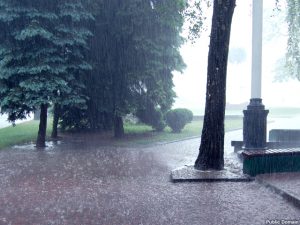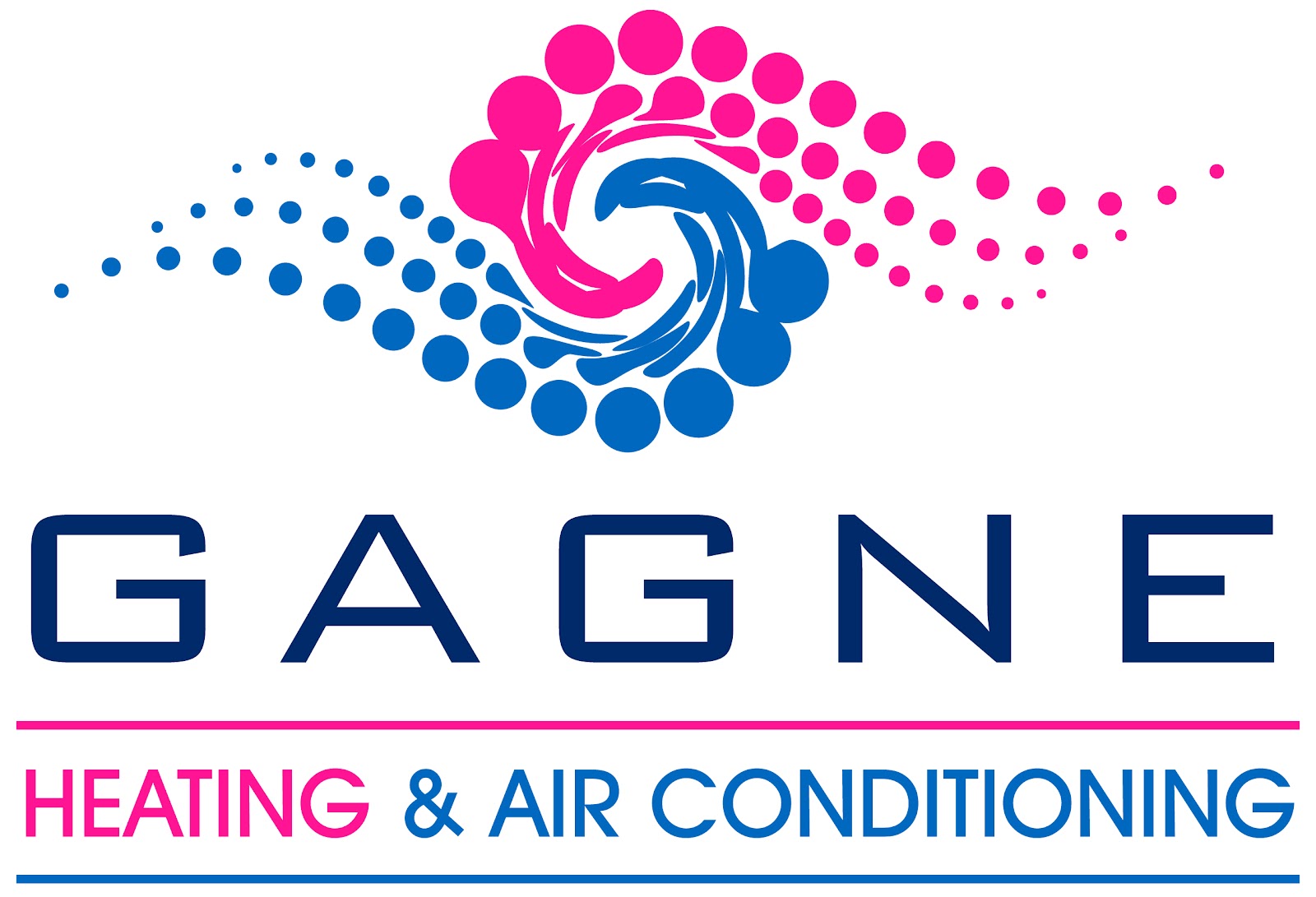
It has rained in near record volumes in the metro-Atlanta area, according to the National Weather Service. Georgia had more rain through July 8 this year than we had in all of 2012 and 2011 according to Keith Stellman, meteorologist in charge at the Peachtree City-based weather service. He said that we are in the top 10 wettest years on record. The rain and humidity causes homes to be at risk of damage, mildew and mold.
How does an Atlanta homeowner best control humidity?
An air conditioning system is one convenient method to reduce humidity. Atlanta is prone to high temperatures and muggy weather. It’s important that you have a properly functioning air conditioning system to reduce home humidity. Reducing humidity not only makes your family more comfortable, but it helps control damaging mildew and mold.
How Your HVAC System Lowers Humidity
Most air conditioning systems are capable of controlling humidity. When hot, moist air in your home comes in contact with the HVAC system’s cold evaporator coil that condenses water vapor from the air. The liquid is condensed out of the air, making your home less humid. The moisture collected by the evaporator coil is sent outside your home or office building through a drain.
The key to controlling humidity is having the correct size air conditioner. A small window air conditioner will not effectively control humidity in a large room or office, for example.
Why Reducing Humidity Is Important
People cool off by perspiring. People are sensitive to humidity because our skin relies on the air to get rid of moisture when we perspire. The process of sweating is your body’s way to keep cool. If the relative humidity is high, sweat will not evaporate into the air and as a result, we feel much hotter, according to HowStuffWorks, Inc. If the relative humidity is low, our sweat evaporates easily, cooling us off. Air conditioning and dehumidifiers help to keep indoor humidity at a comfortable level.
The importance of controlling humidity is more than comfort—it can stop the following damage inside your home:
- Crawl spaces and basements. Ground moisture coupled with moisture from the humid air can cause condensation on walls and breed mold and mildew. It is important to minimize moisture below the main floor of the home. Foundation vents should be kept open. If humidity is an issue for a basement, insulate basement walls and run a dehumidifier.
- Bathroom issues. Humidity can leave condensation on water pipes and toilet tanks. If the toilet tank regularly has condensation, it can lead to mold and mildew.
- Flooring problems. Once mold and mildew infiltrate wood flooring or carpets, it’s difficult to completely remove. It is costly to replace flooring. The best thing you can do is reduce your home’s humidity and indoor temperature with an air conditioning system.
- Storage items. Clothes, food and other stored items can be damaged by humidity. Clothes can be permanently damaged by mildew. Dry foods draw in moisture and go stale. Cans may rust and leak.
- Walls. Humid air that builds up inside your walls can cause the drywall and other materials to become soggy, warped, and mold and mildew may grow. Paint can bubble and peel under extended humid conditions.
Georgia’s humid weather can cause a variety of home problems, some of which can be expensive to replace or repair. All can be prevented. If you have humidity in your home despite using the central air conditioner, you may need a larger or newer unit. If your house is older, a modern air conditioning unit may be needed to efficiently dehumidify your space. If the HVAC system is too small it may not be powerful enough to keep your space at a comfortable temperature and draw humidity out of the air, however, if too large, the compressor may not run for a sufficient amount of time to dehumidify your space. It’s best to consult an air conditioning specialist to calculate the appropriate size needed based on the size of your home or office.
